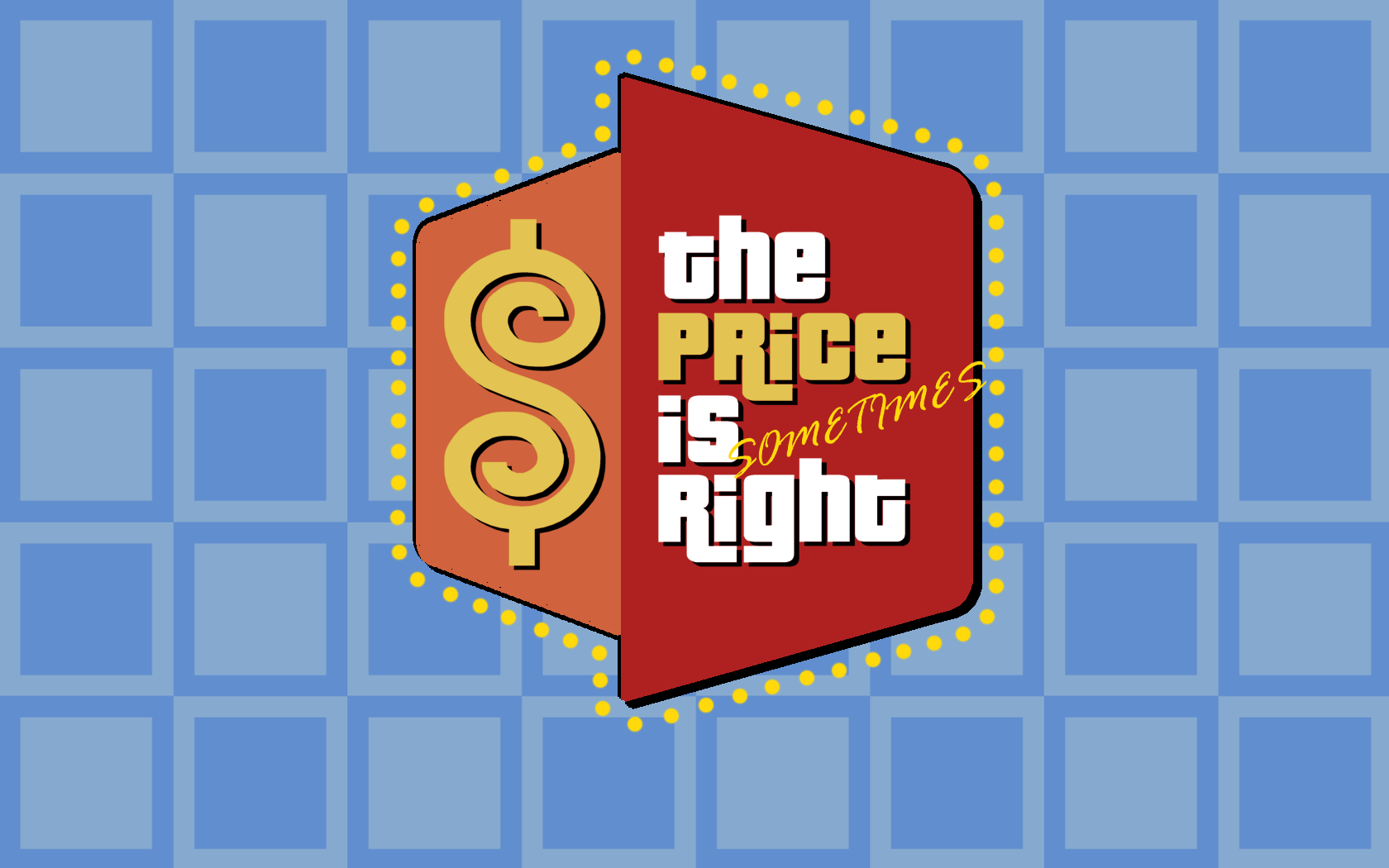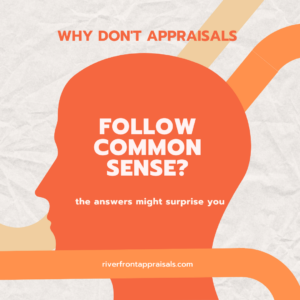
Property Taxes Just Went Up? We’ve Got You Covered!
It’s reassessment season for most folks in our area. Homeowners

“I have a purchase agreement for $100,000 on my home. That’s market value, right?”
Oh, if I had $1 for every time I heard that. I might still be writing this blog post, but I would be beachside, instead of in front of my office computer! Just because someone has a contract on their home for, let’s say, $100,000, that doesn’t automatically mean the market value is $100,000. There’s an often overlooked phrase in most definitions of Market Value: the knowledge of the parties.
The most widely accepted components of market value are incorporated in the following definition:
“The most probable price that the specified property interest should sell for in a competitive market after a reasonable exposure time, as of a specified date, in cash, or in terms equivalent to cash, under all conditions requisite to a fair sale, with the buyer and seller each acting prudently, knowledgeable, for self-interest, and assuming neither is under duress.”
The definition of market value used by agencies such as Freddie Mac & Fannie Mae includes the following:
Both parties are well informed or well advised, and acting in what they consider their best interest.
If a buyer or a seller isn’t well informed or advised, your contract price might not be market value.
Here are just a few examples of when a purchase price might not equal market value, due to lack of knowledge:
So remember: Sometimes the price is right. And then, there are those occasions where not everyone really knows all they need to. If you’re a buyer or seller of real estate, cover your bases — educate yourself and make sure you really are paying – or getting – true market value for your home.

It’s reassessment season for most folks in our area. Homeowners

I feel like we all need a laugh. How about

So this may be a slight break from the norm,
Riverfront Appraisals has been providing comprehensive valuations of residential properties to Western Kentucky and Southwestern Indiana since 2008.